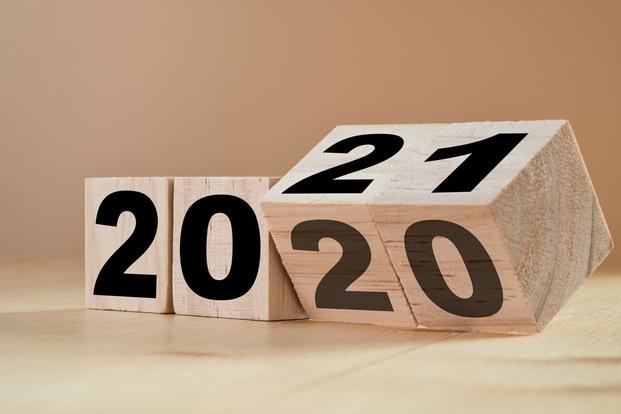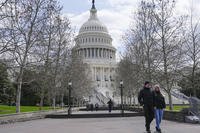Congress has passed legislation making several changes to benefits administered by the Department of Veterans Affairs and sent it to President Donald Trump's desk to be signed into law.
The legislation, known as the Johnny Isakson and David P. Roe, M.D. Veterans Health Care and Benefits Improvements Act of 2020, makes several changes to existing benefit programs.
Here are some of the changes that may affect you:
Expansion of Medal of Honor Pension
The monthly pension paid to Medal of Honor awardees will be paid to their surviving spouse upon the death of the service member. Surviving spouses receiving Dependency Indemnity Compensation (DIC) are not eligible. The current Medal of Honor pension is $1,388.68 a month; it changes annually based on inflation.
Related: Here's Your 2021 Military Retiree and Disability Pay Raise
Life Insurance
Beginning in 2023, the VA will be getting into the life insurance business.
The new law requires the VA to offer all disabled veterans under age 81 a whole-life policy by that date. The program will be similar to Veterans Group Life Insurance (VGLI); however, veterans must sign up for VGLI within 16 months after leaving the service. The new insurance program will have no such time limit.
Policies will be limited to a $40,000 payout for most veterans when the program begins.
Home Loans for National Guard Members
National Guard members without active-duty service will be eligible to receive a VA home loan beginning in 2021. The new law makes Guard and Reserve members who have at least 90 days of service eligible for the home loan program. Thirty of those days must have been consecutive.
Currently, only Guard and Reserve members who had at least 90 days of active service are eligible for home loans.
Memorial Benefits
Within two years of the bill becoming law, the VA will begin paying the costs to transport a deceased veteran's remains to state and tribal veterans cemeteries. Currently, the VA will pay only to transport a deceased veteran's remains to a national veterans cemetery.
In two years, the VA will begin furnishing urns for storing the cremated remains of deceased veterans. Families will have the option of receiving a free headstone or burial urn, but not both. Currently, most veterans are eligible to receive a free headstone upon their death, but not an urn.
Also, veterans who receive the free VA-issued headstone and are buried in either a state or private cemetery will be able to have their spouse's name engraved on the headstone at no cost. Currently, the family must pay to have the spouse's name engraved on a VA-issued headstone. This will be effective for deaths going back to Oct. 1, 2019.
Native Americans and VA Copay
Within one year of the law becoming effective, all Native Americans will be exempt from any VA copay for health care or medication, regardless of whether the individual has a service-connected disability.
Read next: 4 Keys for a Successful Military Transition
Stay on Top of Your Veteran Benefits
Military benefits are always changing. Keep up with everything from pay to health care by subscribing to Military.com, and get access to up-to-date pay charts and more with all latest benefits delivered straight to your inbox.











